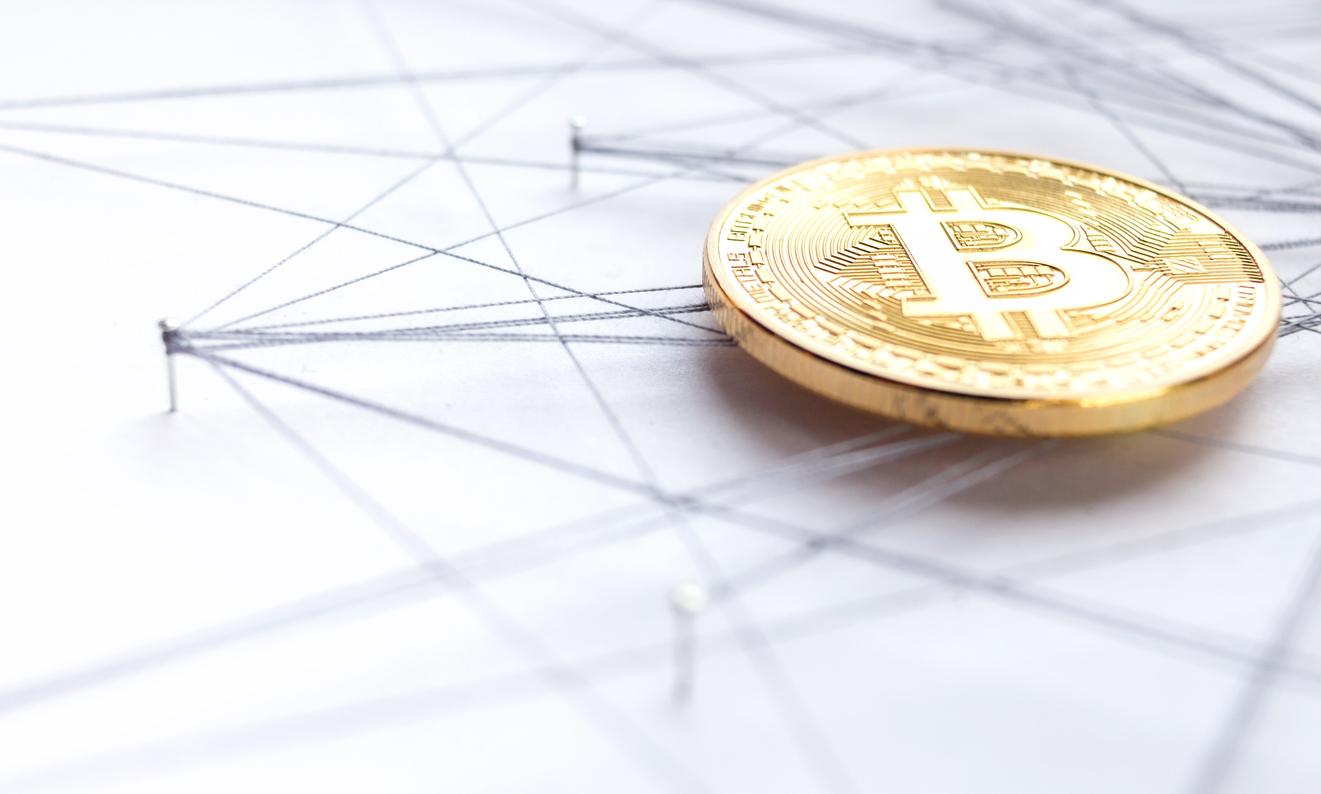What is tether? Controversial cryptocurrency causes chaos for bitcoin price
The so-called stablecoin is causing the values of bitcoin, ethereum and ripple to fluctuate wildlyon the Bitfinex exchange

In 2014, a group of developers launched a cryptocurrency with the ambitious aim of solving the problem of price volatility. Tether was the first so-called 'stablecoin', with the idea being that each token issued would be backed by one US dollar.
For a while it seemed to work. Major cryptocurrency exchanges like Bitfinex adopted tether as a medium of exchange for traders to buy bitcoin, ethereum and other digital currencies, while banks in Taiwan used it to process international transactions.
But last year, questions began to emerge about whether tether really was pegged to the US dollar, resulting in dramatic price swings for bitcoin. A paper published by researchers at the University of Texas in June suggested "incomplete tether backing" that helped contribute to the manipulation of cryptocurrency prices.
The creators of tether have consistently denied these accusations and published their own report in June in an effort to prove that US dollar reserves fully backed all tethers in circulation.
The report, carried out by US law firm Free Sporkin and Sullivan (FSS), found that the balances of the eponymous company behind the cryptocurrency totalled $2,545,067, 236 on 1 June, 2018. On that date, the number of tethers in circulation were 2,538.090.824
"Despite speculation, we have consistently stated that tether is backed by USD reserves at or exceeding te tethers in circulation at a given moment, and we're glad to have independent verification of this so answer some of the questions posed by the public," Tether CEO Jan Ludovicus van der Velde said in a statement shared with The Independent at the time.
"We are by no means done with our efforts to promote increased transparency at Tether. We are planning to build on this report moving forward and, despite the challenges of applying current accounting and assurance standards to cryptocurrency clients, we continue to discuss these issues with potential audit partners."
More questions were raised after a report published by FSS stated: "FSS is not an accounting firm and did not perform the above review and confirmations using Generally Accepted Accounting Principles... The above confirmation of bank and tether balances should not be construed as the results of an audit and were not conducted in accordance with Generally Accepted Auditing Standards."
Recent price swings have further added to tether's problems, with its value briefly dropping below $0.93 on Monday, 15 October – completely undermining its function as a stablecoin. At the same time, bitcoin's value shot up above $7,700 on the Bitfinex exchange, as well as price spikes among other major cryptocurrencies. Some analysts suggested this was a result of a major tether sell-off, whereby large amounts of tether had been used to purchase bitcoin.
Since its inception, other stablecoins have emerged to challenge tether, such as the gemini dollar and paxos standard. Should any of these succeed in replacing tether's dominance, this could cause even further disruption of cryptocurrency markets.
Join our commenting forum
Join thought-provoking conversations, follow other Independent readers and see their replies
Comments